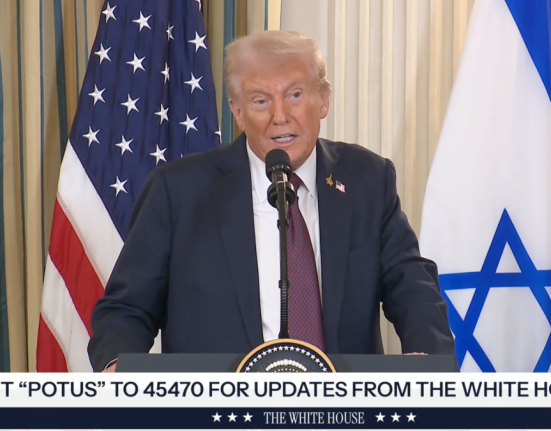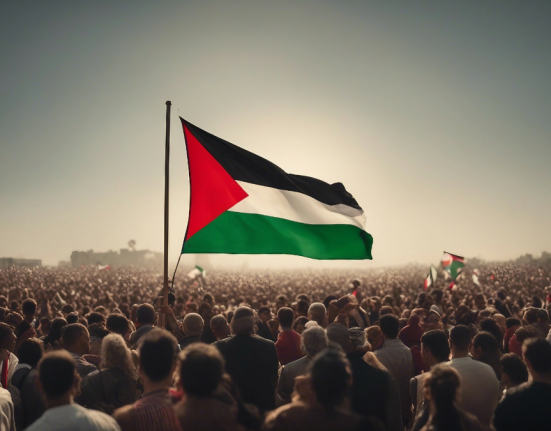Recognition that changes nothing
The sudden cascade of Western governments recognising a Palestinian state has been heralded in some quarters as a breakthrough for peace.
In reality, it is the last rites for the two-state solution. These recognitions carry no enforcement, no political leverage, and no willingness to apply real pressure on Israel. None of these governments will send troops, risk their own alliances, or take domestic political damage to force a settlement.
They issue declarations from the safety of their capitals, but the balance of power on the ground remains exactly the same.
Israel is not simply another state in the Middle East; it is a critical Western defence partner in a region dominated by adversaries.
With Iran emboldened, militias entrenched and extremist groups resurging, Israel’s security role is more valuable than ever. That reality makes the two-state solution a polite fiction. When forced to choose between a security ally and a symbolic gesture, Western capitals will always side with Israel. Recognition without leverage is not diplomacy – it is political theatre.
Israel’s irreversible course
The idea of two states was already fragile, but recent recognition has finished the job. Israel has spent decades steadily expanding settlements, carving the West Bank into disconnected patches of land. What was once billed as a viable Palestinian territory is now fragmented into archipelagos, surrounded by infrastructure designed to integrate them into Israel proper.
By declaring recognition without consequence, Western governments have effectively given Israel licence to push further. The likely outcome is full integration of the West Bank into Israel’s political and economic system. More settlers will be moved in, more land will be absorbed, and whatever remained of the Oslo vision will be buried.
Maps of a future Palestine now resemble ghostly abstractions – lines on paper, not realities on the ground. Once Israel hardens this process, the two-state solution cannot be revived.
Demographics as destiny
The collapse of the two-state framework leads directly to a demographic conundrum. Between the Jordan River and the Mediterranean Sea, Palestinians already outnumber Jewish Israelis. Israel is unlikely ever to grant full and equal rights to this population, because doing so would undermine its Jewish identity. Yet Israel shows no inclination to cede land to them either.
This leaves only one path: permanent control over a majority population with limited rights. It is a future of unequal citizenship, political disenfranchisement, and deep resentment. Western recognition has not paved the way for Palestinian independence; it has simply accelerated the entrenchment of a one-state reality in which Palestinians are second-class. What was once described as temporary occupation risks becoming a permanent system of inequality.
The final illusion
For years, the two-state solution functioned as the convenient fiction underpinning Western policy. Diplomats could speak of peace talks, negotiations, and future borders while ignoring the reality that Israel was steadily eroding the very foundations of that vision.
Recognition should have been the moment of rebirth for Palestinian statehood. Instead, it is the burial ceremony.
By mistaking symbolism for strategy, Western leaders have hastened the collapse of the only diplomatic framework ever deemed acceptable. Without Israel and the US onside, there is no path to a negotiated Palestinian state.
Declarations in European parliaments cannot substitute for political will in Jerusalem or Washington. All the West has done is push a dire situation from bad to worse, congratulating itself for boldness while ensuring that the very outcome it claims to support – two states living side by side in peace – is now beyond recovery.
The two-state solution is not dying; it is dead. And the flurry of recognition meant to rescue it may be remembered instead as the final blow.



